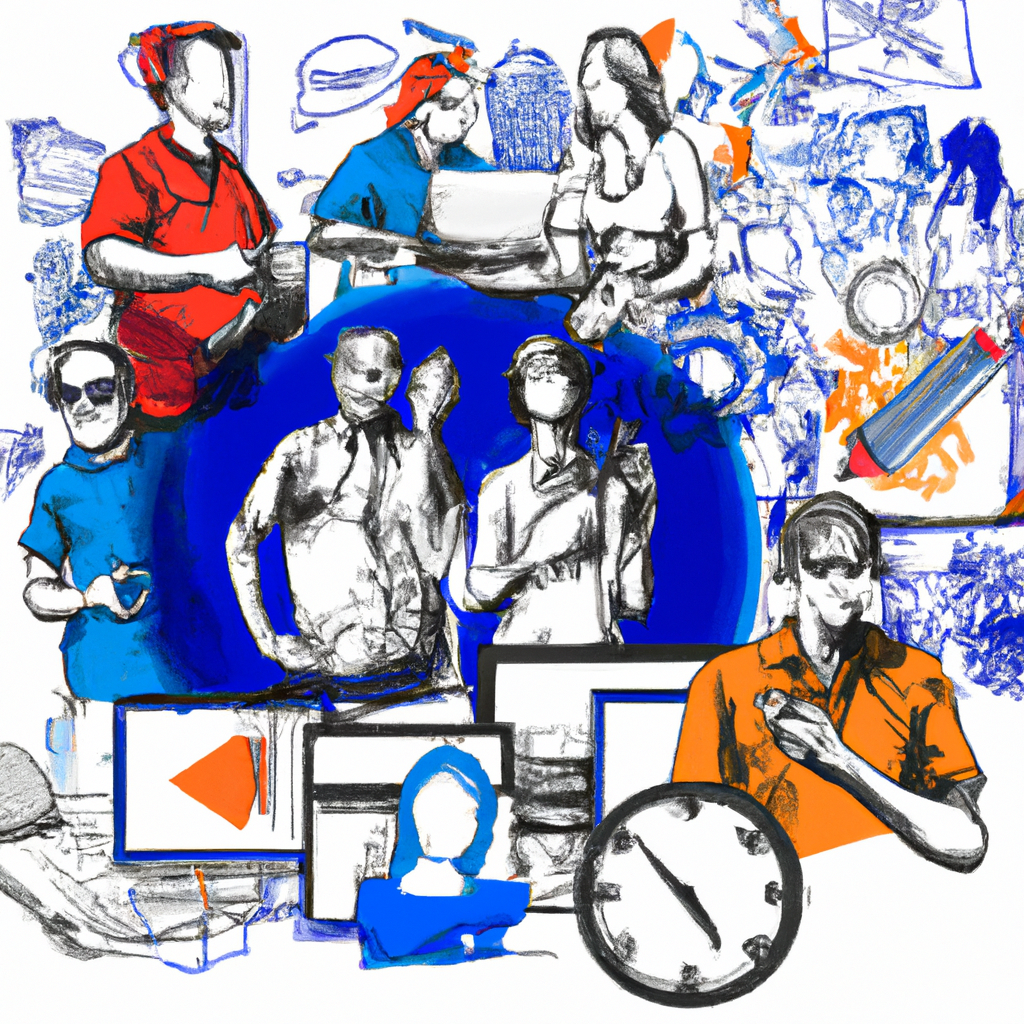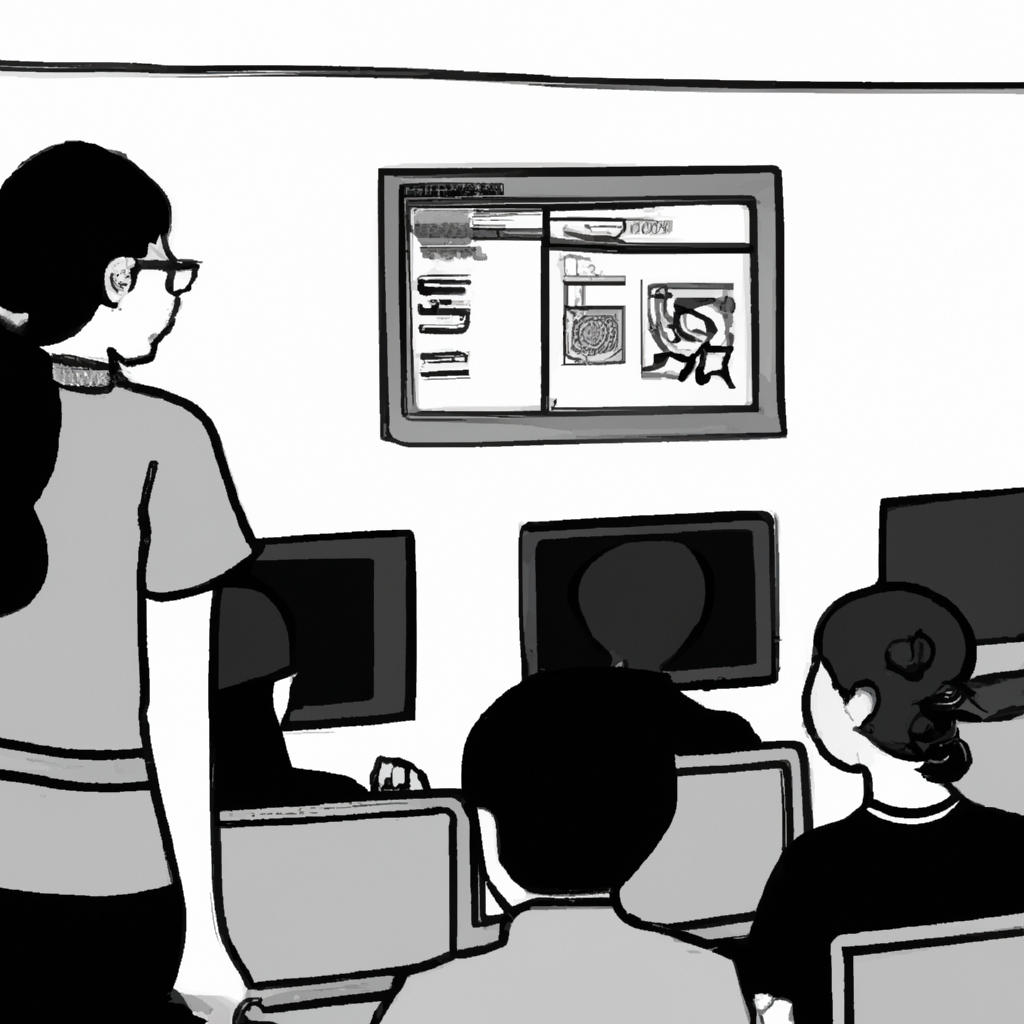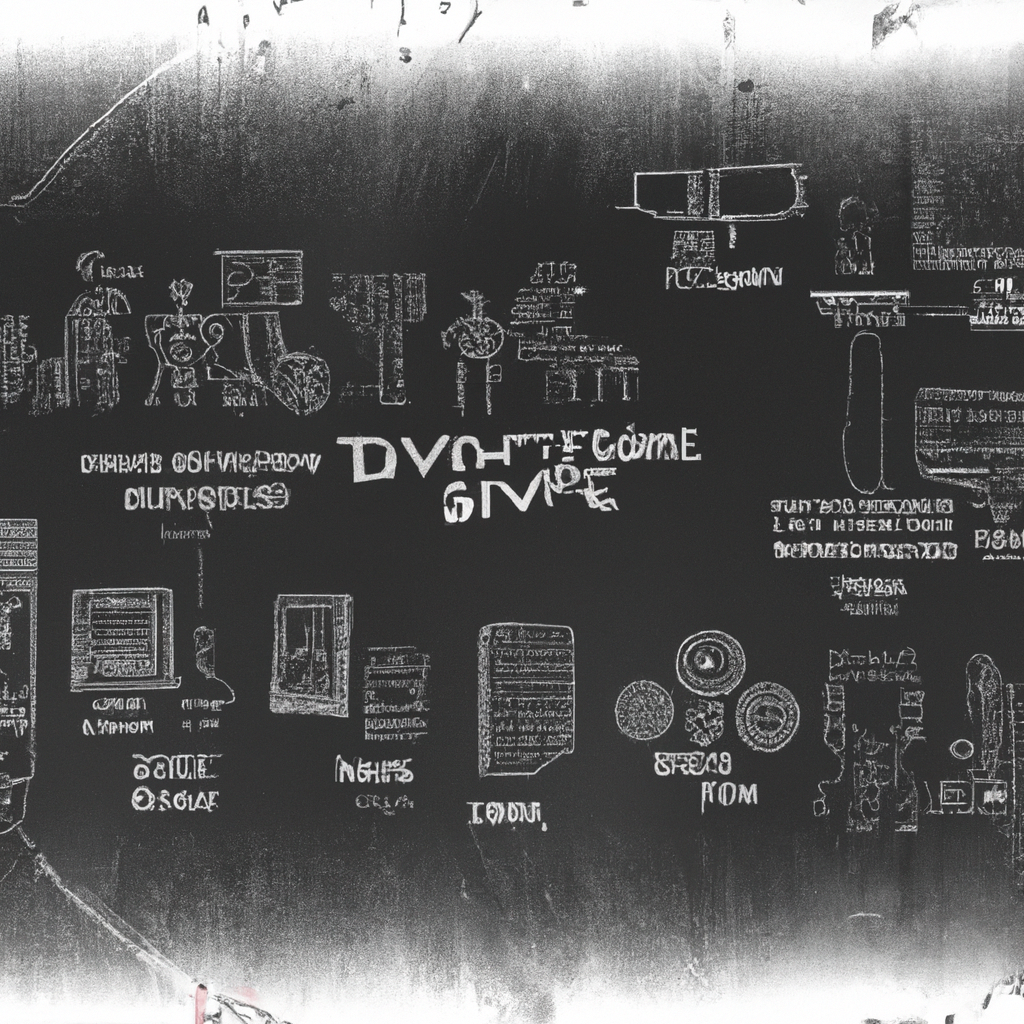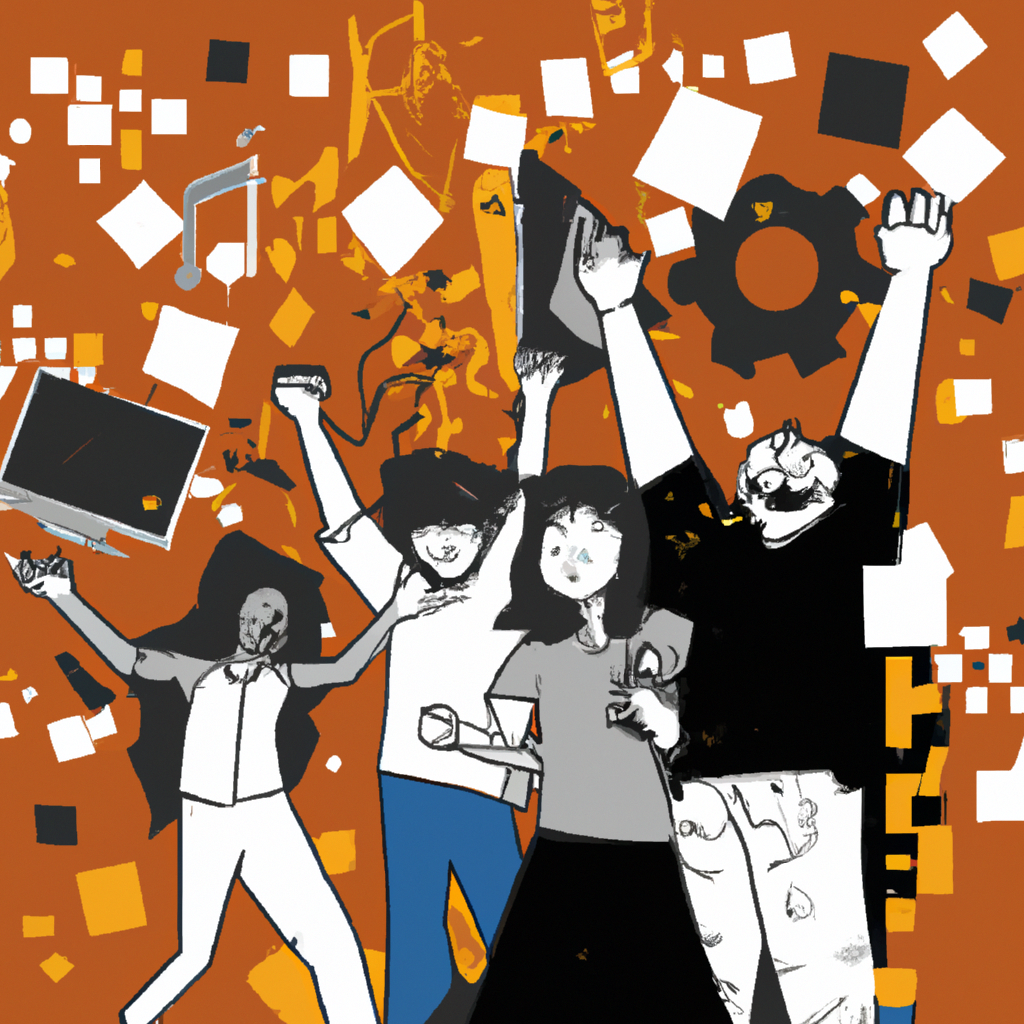Dear Readers,
AI plays a crucial role in our blog, helping us manage our time more effectively to keep the content flowing. While AI assists with content creation, which may lead to occasional spelling or grammar errors, our primary goal remains clear: to deliver meaningful insights to you. For important matters, please consult a specialist.
Thank you for your understanding and support.
Best regards,
Education.com.cy
Summary
The social impact of software is transformative, influencing various aspects of modern life. Software development is not just a technical skill but a powerful tool for societal change. It empowers individuals to create solutions that can reach millions, transforming ideas into tangible applications that impact daily lives. The accessibility of coding education is crucial, as it equips people with the ability to solve problems, innovate, and contribute to various fields such as healthcare, entertainment, and agriculture. The tech industry recognizes the shortage of skilled programmers and strives to create attractive work environments to attract talent. Learning to code is portrayed as an accessible and rewarding endeavor, capable of providing significant personal and professional benefits. Overall, software development is depicted as a democratizing force, offering opportunities for creativity, problem-solving, and substantial societal contributions.
Introduction
The social impact of software is profound and far-reaching, transforming various aspects of our daily lives and society at large. From enabling innovative startups to grow into global enterprises to empowering individuals with the ability to create and share their ideas with millions, software has become an integral part of modern life. It has democratized access to information, facilitated new forms of communication, and provided tools for creative expression. Moreover, the ability to code is not just a technical skill but a means to solve real-world problems, drive social change, and improve the human condition. As we continue to integrate technology into every facet of our lives, understanding and leveraging the power of software becomes increasingly essential for both personal and societal advancement.
Main Sections
- Empowerment Through Programming
Programming is an incredibly empowering skill that enables individuals to make significant changes in the world. Software development is fundamentally about humanity and helping people through technology. The ability to create something from an idea and see it impact millions of people is a unique and humbling experience. Learning to code provides individuals with a sense of magic and superpower, making them the “wizards of the future.” Many of the best jobs in America may go unfilled due to a lack of coding education, highlighting the importance of teaching coding in schools and making it accessible to everyone.

- Humanity and Technology
Software has a profound social impact, particularly in how it empowers individuals and transforms industries. Learning to program is not just about mastering computer science; it’s about using technology to help people and improve humanity. The ability to create software allows individuals to bring their ideas to life and share them with millions, making it a powerful tool for change. This empowerment is likened to having superpowers, as it enables people to solve problems, innovate, and make a significant impact on the world. The accessibility of coding education, whether through schools or online platforms like Code.org, is crucial in ensuring that more people can harness this power and contribute to various fields, from agriculture to entertainment.

Find out how the strategies discussed in the article
"How Teaching a Song Can Improve Your Child’s Learning and Well-Being"can help address internet addiction in children and teens.
- Educational Importance
The educational importance of software is profound. Learning to program is not just about mastering technical skills; it’s about understanding how software can be used to help people and improve society. Software development empowers individuals to bring their ideas to life and share them with millions, potentially changing the world. It teaches problem-solving, creativity, and critical thinking, which are valuable skills in any field. Moreover, software has revolutionized various industries, from agriculture to entertainment, making it a crucial skill for the modern workforce. By learning to code, individuals can contribute to technological advancements and address societal challenges, making it a highly impactful and rewarding pursuit.

- Cultural Shifts
Software has brought about significant cultural shifts. Learning to code is not just about mastering a technical skill but also about empowering individuals to create and innovate. Personal anecdotes from influential figures in the tech industry illustrate how programming has transformed their lives and careers. Software development is fundamentally about helping people and improving humanity through technology. The democratization of technology allows anyone with an idea to potentially reach millions of people, regardless of their background or resources. This has led to a new generation of creators who can start impactful projects from humble beginnings, such as a college dorm room. The shortage of skilled programmers has led companies to create appealing work environments to attract and retain talent. Coding skills are becoming essential across various fields, from agriculture to entertainment, and understanding technology is crucial in the modern world.

- Workplace Innovation
Workplace innovation involves creating an environment that attracts and retains talented engineers. This includes offering perks such as free meals, laundry services, snacks, and recreational activities like video games and scooters. The goal is to make the office a place where employees can relax, think creatively, and be productive. This approach not only helps in hiring the best talent but also fosters a culture of creativity and innovation, which is essential in the tech industry.

- Personal Stories
Personal stories from influential figures in the tech industry highlight how learning to code and creating software has empowered them and transformed their lives. For instance, Hadi, who created Code.Org, emphasizes that computer programming is about helping people through technology. Bill, who created Microsoft, shares that learning to program teaches you how to think. Jack, the creator of Twitter, recounts how his parents bought him a Macintosh when he was eight, which sparked his journey into coding. Ruchi, the first female engineer at Facebook, describes her experience writing a program that played Tic-tac-toe during her freshman year in college. Drew, who created Dropbox, talks about his humble beginnings with simple programs. Elena, who created Clothia.com, recalls making basic shapes appear on the screen. Gabe, the creator of Valve, shares the excitement of making a computer display “Hello World.” Mark, who created Facebook, explains that his interest in programming started with a simple desire to create something fun for himself and his sisters. Chris, an NBA All-Star, and Makinde, an early Facebook engineer, both emphasize that coding can be learned and is more about problem-solving than complex algorithms. Vanessa, who created Girl Develop IT, and Tony, the CEO of Zappos, stress that determination and basic math skills are sufficient to learn coding. Bronwen, a technical artist at Valve, compares coding to reading, suggesting that it doesn’t require genius, just like reading. Will.I.Am, who created The Black Eyed Peas and is now taking coding classes, shares his experience of being in an after-school group called the Whiz Kids and how it led to job opportunities for his friends. These stories collectively illustrate the profound social impact of software and coding on individuals’ lives and careers.

Conclusion
The social impact of software is profound, as it empowers individuals to create solutions that can reach millions of people, transforming various aspects of life and work. Learning to code is not just about mastering technology; it’s about solving problems, being creative, and making a difference in the world. The ability to program can democratize opportunities, allowing anyone with the skills to innovate and contribute to society, regardless of their background. The current shortage of skilled programmers highlights the need for accessible coding education. Companies are creating attractive work environments to recruit top talent, fostering a culture of creativity and innovation. Ultimately, software development is a powerful tool for both personal empowerment and societal advancement.

Thank you for reading our article on The Social Impact of Software. We highly value your feedback and invite you to take a brief survey to share your thoughts and experiences. Your responses will be kept confidential.
Dear Readers,
Welcome to my blog, where technology, music, and visual arts come together to spark creativity and growth. By subscribing, you’ll become part of a vibrant community committed to exploring and learning in these areas.
Select the type of engagement that suits you best:
Join us and enjoy tailored content and direct support suited to your interests.
